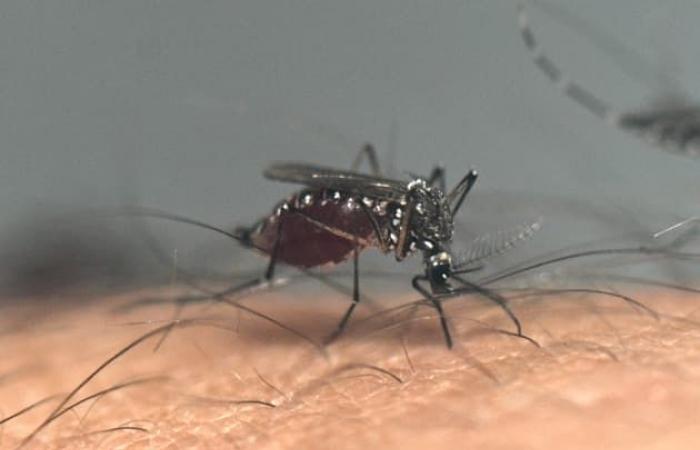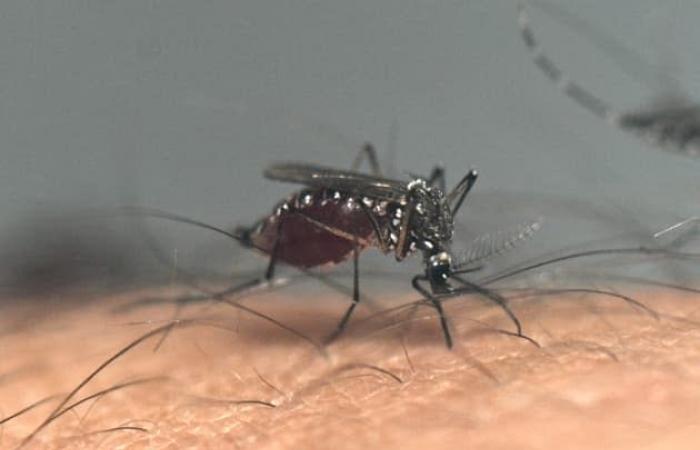The warning comes from the director of health of the state of Victoria, in the south-east of Australia. In a press release published Thursday, December 19, Professor Ben Cowie warns of the spread of Buruli ulcer, a bacterial disease, in metropolitan Melbourne, and more particularly in Ascot Vale, in the northern suburbs of the city.
“The disease is spreading across Victoria and is no longer just limited to areas along the coast,” he said.
The number of cases recorded, however, remains stable. According to the latest figures from December 17, 344 cases have been counted in the state this year, compared to 263 last year and 338 in 2022.
A bacteria discovered in the 1930s
As Alice Lebreton, research director at INRAE (National Research Institute for Agriculture, Food and the Environment), explained last April in Le Monde, Buruli ulcer is a bacteria that has was discovered in the 1930s in Australia and then in Africa. It belongs to the same family as the agents of tuberculosis or leprosy.
“Like them, this mycobacterium develops very slowly in infected tissues, where it causes a debilitating infection, Buruli ulcer,” added Alice Lebreton.
The incubation period can last on average four to five months. At first, infected people are often likely to confuse the wound with a simple insect bite. But if the bacteria is not quickly eliminated by following antibiotic treatment, the toxin released by the bacteria can cause skin necrosis and deep lesions.
Mosquitoes and opossums carry the disease
“Buruli ulcer is not transmissible from man to man,” emphasizes Ben Cowie. “There is, however, evidence that mosquitoes and possums play a role in disease transmission in Victoria.”
To avoid becoming infected, the Victorian Department of Health advises not to handle possums and to avoid contact with the marsupial's droppings, as they may contain the bacteria that causes the disease. disease.
Residents are also advised to use repellents and dress in loose, light clothing to avoid being bitten by mosquitoes.
Original article published on BFMTV.com







